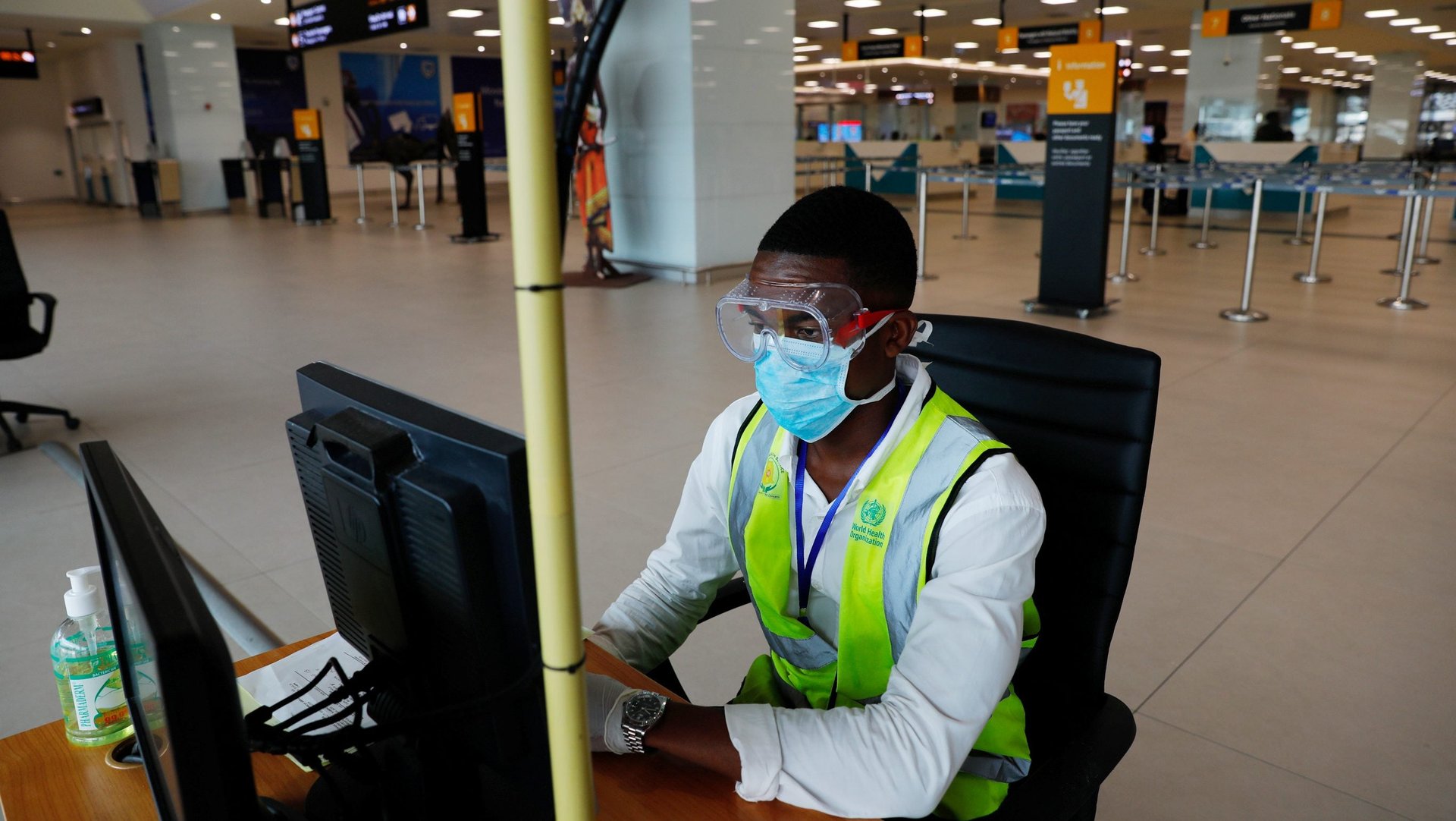West African countries are trying to shut down to contain the coronavirus spread
While the number of confirmed cases of Covid-19 in Africa is still small, relative to population size, its governments are taking major steps to slow and potentially stop the virus from spreading.


While the number of confirmed cases of Covid-19 in Africa is still small, relative to population size, its governments are taking major steps to slow and potentially stop the virus from spreading.
In West Africa, a number of countries have instituted restrictions on movements on millions of people. Ghana, the region’s second largest economy, has become the latest country to impose a lockdown, but only in its two largest cities.
“The frontline of the fight against coronavirus is your front door. If you cross it, you and your family will likely be infected so please stay at home,” Ghana’s president Nana Akufo Addo said in an address.
The lockdown, which begins at 1 am local time on Monday (Mar. 30), will affect residents and businesses in the capital Accra and second city Kumasi along with their respective greater metropolitan areas. With a combined population of about 7 million inhabitants, the two cities represent nearly a quarter of Ghana’s total 30 million population.
Residents will be allowed to go to food markets, petrol stations, banks and public toilets with the army and police enforcing the lockdown’s restrictions.
Over 2,600 cases of the novel coronavirus have now been confirmed across 39 countries within the World Health Organization’s Africa Region (excluding North Africa) with 49 deaths. There are widespread concerns by public health and development analysts the weak health systems of many countries and the nature of informal work and housing in densely populated cities could cause a spike in infections and many deaths.
Nearly every country in the West African sub region has announced some form of restriction to movement including Africa’s most populous city, Lagos, going into lockdown.
Earlier this week, Côte d’Ivoire (with 92 cases) and Senegal (with 119 cases) each declared states of emergency. Ivorians are now banned from traveling from the commercial capital Abidjan to the rest of the country where medical resources are severely limited and there is a 9 pm to 5 am curfew in place. Senegal on the other hand is implementing a dusk to dawn curfew.
Mali (with nine cases) and Burkina Faso (with 180 cases) have also imposed a nighttime curfew across their entire countries. Two more Burkinabé ministers have tested positive for Covid-19 bringing the total number to six ministers as the virus sears through its political class.
Even virus-free Sierra Leone, has declared a public health emergency and also shut its land borders to its two neighbours, Guinea and Liberia who have recorded a handful of cases. The three countries were the worst affected countries during the 2013- 2016 Ebola virus outbreak.
These restrictions to movement will particularly affect West Africa’s weaker economies. The informal sector contributes 50% of economic output and 80% of the region’s workforce operates within the sector. They will be the most vulnerable to the restrictions without a clear end in sight.